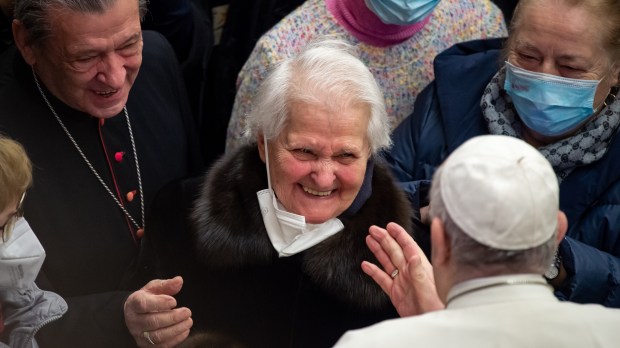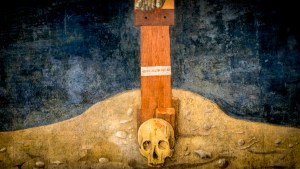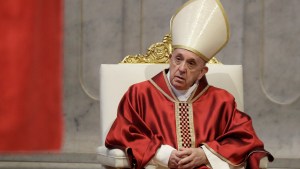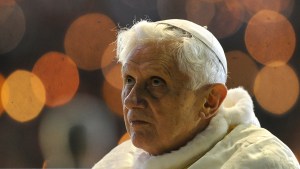The mystery of the Assumption into heaven of the Mother of Jesus “illuminates our destination, doesn’t it? The destination is heaven,” Pope Francis said, in wrapping up a series of catecheses on the gifts and challenges of old age.
The Holy Father called for linking the mystery of the Assumption with the resurrection of Jesus, “which opens the way for the generation of life for us all.”
In the divine act of reuniting Mary with the Risen Christ, the normal bodily corruption of human death — and not only this — is not simply transcended … the bodily assumption of the life of God is anticipated. […] The Risen Lord is the one who went first, first, who rose first, in the first place; then we will go. But this is our destiny: to rise again.
This experience of the resurrection of our bodies, the pope said, referring to Jesus’ conversation with Nicodemus, is like a second birth.
Just as, in the moment we come out of our mother’s womb, we are still ourselves, the same human being that was in the womb; so, after death, we are born to heaven, to God’s space, and we are still ourselves, who walked on this earth. It is analogous to what happened to Jesus: the Risen One is still Jesus: he does not lose his humanity, his experience, or even his corporality, no, because without it he would no longer be himself, he would not be Jesus: that is, with his humanity, with his lived experience.
What does this mean for us?
The Holy Father painted an exciting picture of this new birth:
[Jesus] will come, not only will he come at the end for everyone, he will come each time for each one of us. He will come to seek us out to bring us to him. In this sense, death is a kind of step toward the encounter with Jesus who is waiting for me to bring me to him.
The Risen One lives in God’s world, where there is a place for everyone, where a new earth is being formed, and the heavenly city, man’s final dwelling place, is being built.
We cannot imagine this transfiguration of our mortal corporality, but we are certain that it will keep our faces recognizable and allow us to remain human in God’s heaven. It will allow us to participate, with sublime emotion, in the infinite and blissful exuberance of God’s creative act, whose endless adventures we will experience first-hand.
Headed to a party
Pope Francis noted how Jesus speaks of the Kingdom of God as a wedding feast — “that is, like a party; a party with friends awaits us, as the work that makes the house perfect, and the surprise that makes the harvest richer than the sowing.”
Our whole life appears like a seed that will have to be buried so that its flower and its fruit can be born. It will be born, along with everything else in the world. Not without labour pains, not without pain, but it will be born (cf. Jn 16:21-23). And the life of the risen body will be a hundred and a thousand times more alive than we have tasted it on this earth (cf. Mk 10:28-31).
He is expecting us
Thus the pope insisted, “the best of life is yet to come.” He said that Jesus’ preparing a breakfast of fish was a “gesture of caring love” that “gives us a glimpse of what awaits us as we cross to the other shore.”
Yes, dear brothers and sisters, especially you elderly, the best of life is yet to come. ‘But we are old, what more is yet to come?’ The best, because the best of life is yet to come.
Let us hope, let us hope for this fulness of life that awaits us all, when the Lord calls us. May the Mother of the Lord and our Mother, who has preceded us to heaven, restore to us the eager anticipation of expectation, because it is not an anaesthetized expectation, it is not a bored expectation, no, it is an expectation with eager anticipation, it is an expectation: ‘When will my Lord come? When will I be able to go there?’
A little bit of fear, because I don’t know what this passage means, and passing through that door causes a little fear – but there is always the hand of the Lord that carries us forward, and beyond the door there is the party.
Let us be attentive, dear old people, contemporaries, let us be attentive. He is expecting us. Just one passage, and then the party.





